Pandemic should not mean impunity for rights offenders, UN says
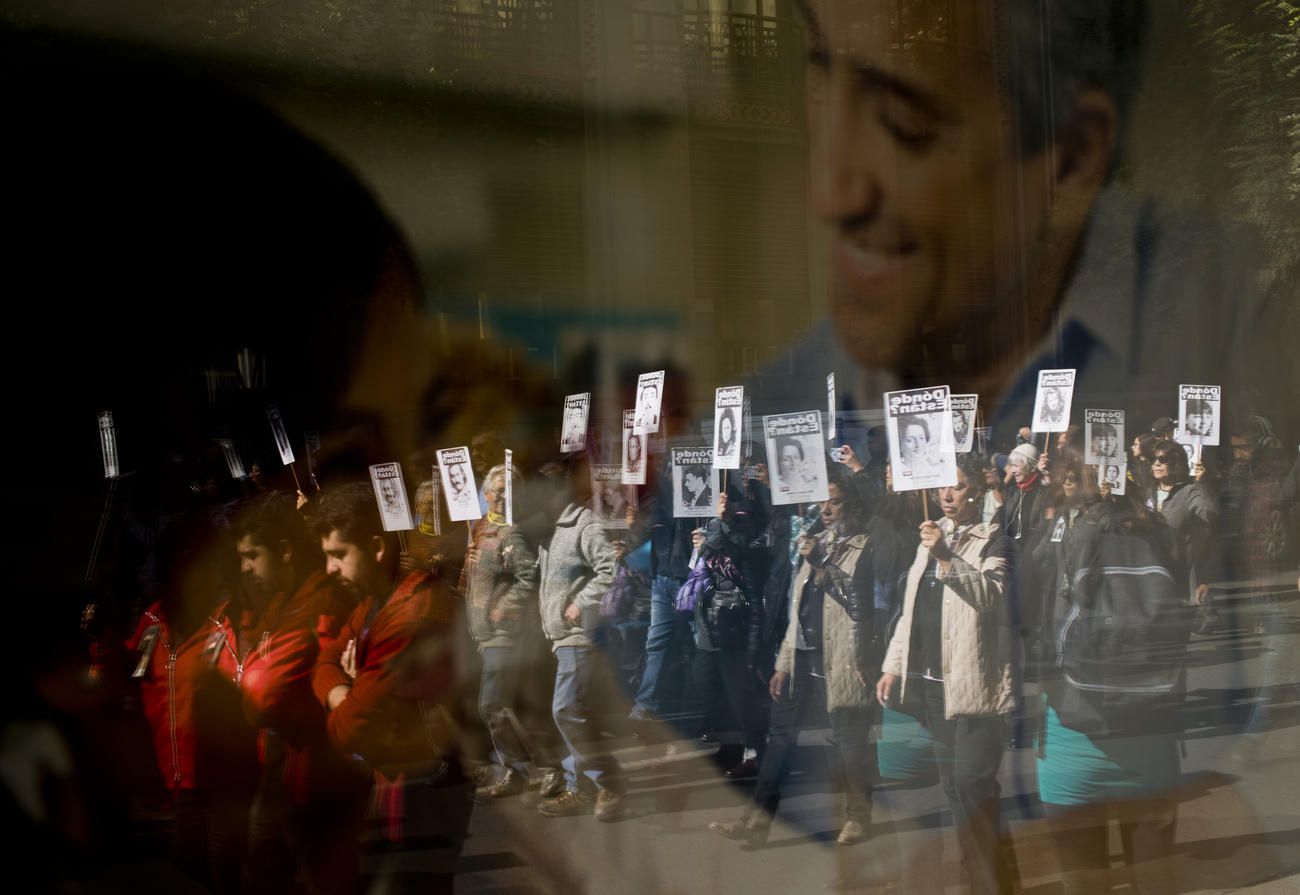
As Covid-19 prompts prisons to take measures to improve hygiene conditions, the United Nations maintains that those convicted of rights abuses must serve their sentences and should not be released or handed impunity.
Fabián Salvioli, UN Special RapporteurExternal link on the promotion of truth, justice, reparation and guarantees of non-recurrence, says protective measures in overpopulated prisons should not lead to lighter sentences for those convicted of genocide or crimes against humanity.
“Current international law prohibits taking measures that would lead to impunity for people convicted of such crimes,” he says.
At the end of April, Salvioli published an information noteExternal link for governments whose aim was to “avoid this extraordinary pandemic situation becoming a pretext for eventual pardons or releases of people condemned for such serious crimes”.
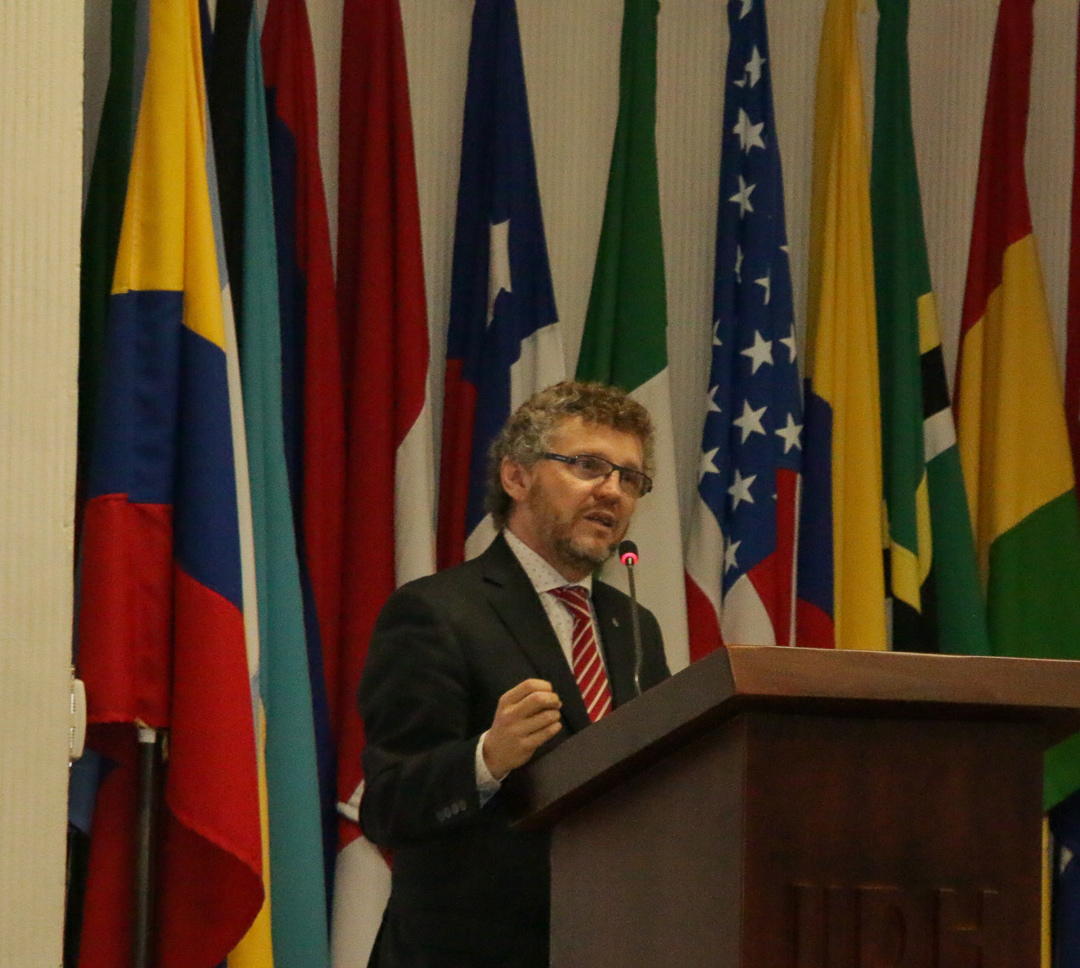
The document was prompted by the situation in Latin America, and by specific cases in Argentina, Chile and Peru. But the message is universal, says Salvioli. There are people convicted of such violations in various countries, including Tanzania and Rwanda.
“Measures such as amnesties, pardons, exemptions from criminal liability, and benefits in the enforcement of sentences are null and void, and have no legal effect,” the UN note says.
It also maintains that in a pandemic situation, states must prevent any violation of prisoner rights, avoid overcrowding and ensure hygiene standards in detention centres.
This said, Salvioli insists, such legitimate and necessary protective measures against Covid-19 “must not lead to legal or actual impunity”.
Prison riots
Daniel Bolomey, the Swiss president of TRIAL International, a Geneva-based body that fights impunity for international crimes, says that “states are obliged to ensure hygienic conditions for all prisoners, without exception – particularly during an epidemic like we’re experiencing at the moment”.
He also says that “we have recently seen terrible images of prisoners crowded into jails in El Salvador, while there have been riots in various countries, demanding improvements in prison conditions. I have a wide experience of visiting prisons, especially in Africa, and I know that it’s easy for a prison regime to quickly become inhumane”.
However, he says, “it’s important in this pandemic situation that prisoners of conscience should be released – as Amnesty International has demandedExternal link – and that those who have been jailed for merely administrative or minor crimes should be released. But nothing can justify the release of those convicted of crimes against humanity, which are convictions that cannot be overturned.”
The Swiss government was the first to create a special taskforce for dealing with the past, as part of the peacebuilding work it carries out abroad.
Switzerland, along with Argentina, also backed the motion to create the post of UN Special Rapporteur on the promotion of truth, justice, reparation and guarantees of non-recurrence – a position that was first taken up by the Colombian Pablo de Greiff in 2012.
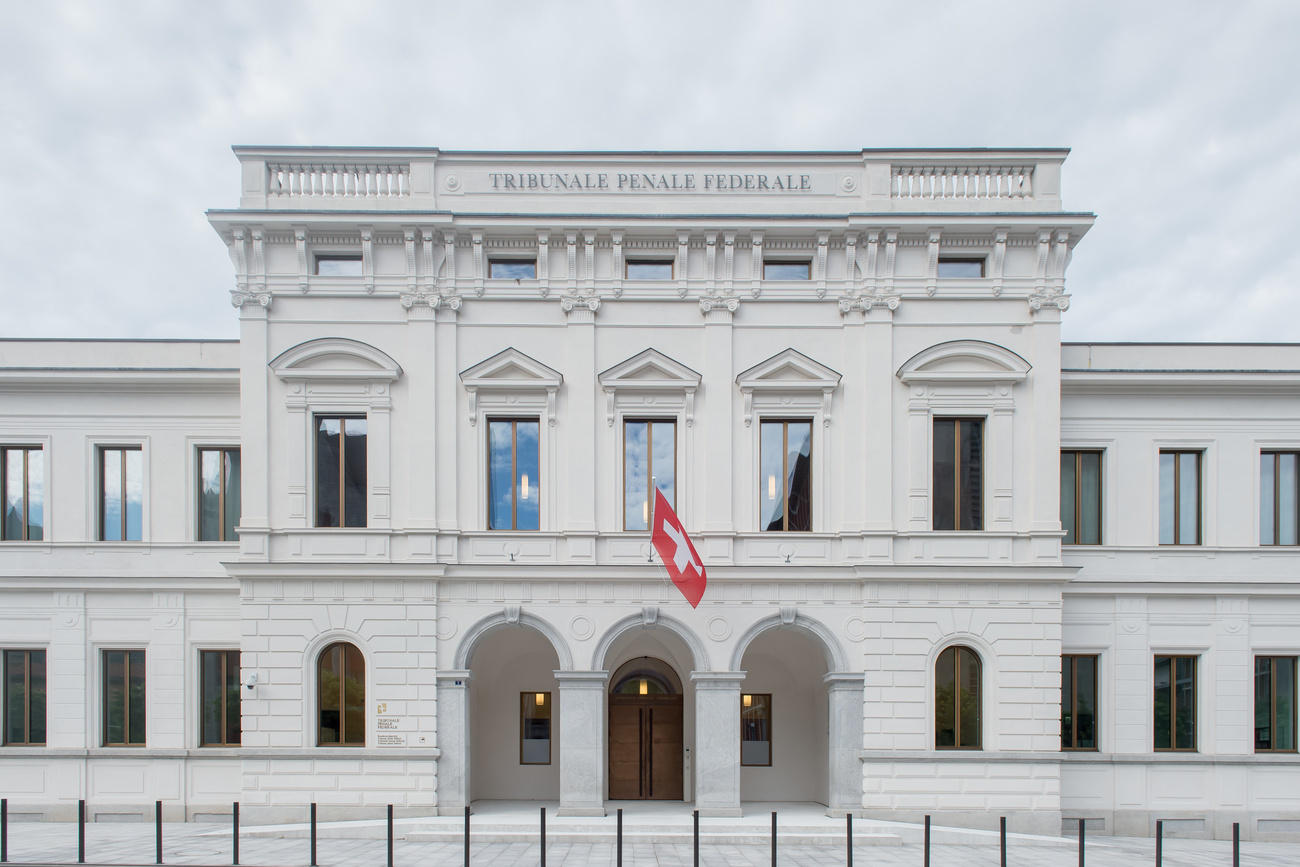
More
Hopes rising that war criminals will be brought to court
Translated from Spanish by Domhnall O’Sullivan, swissinfo.ch

In compliance with the JTI standards
More: SWI swissinfo.ch certified by the Journalism Trust Initiative
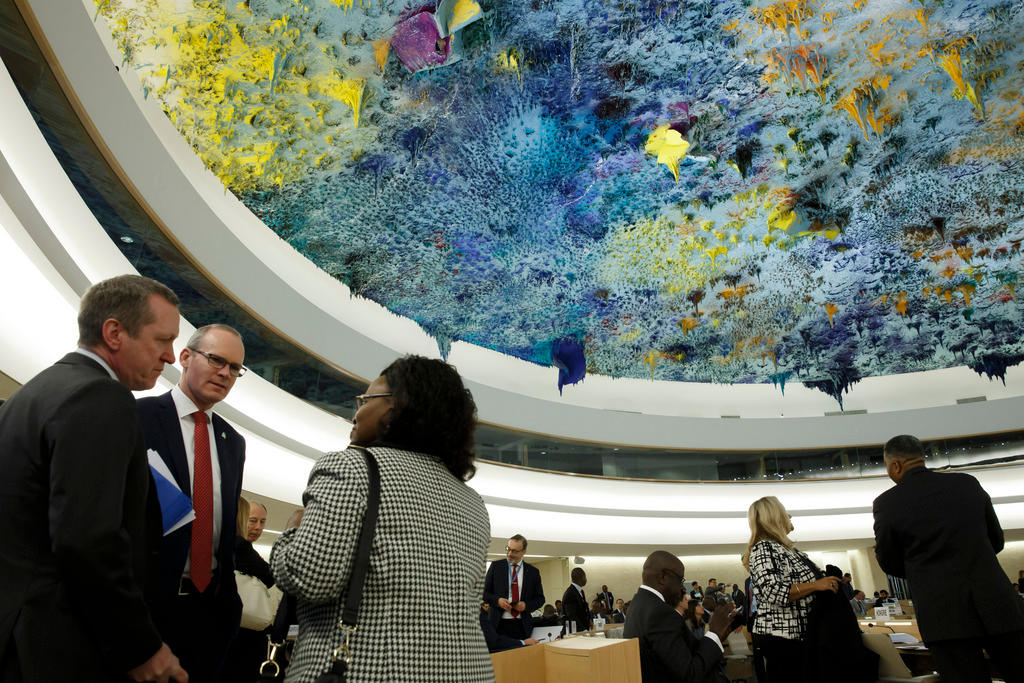
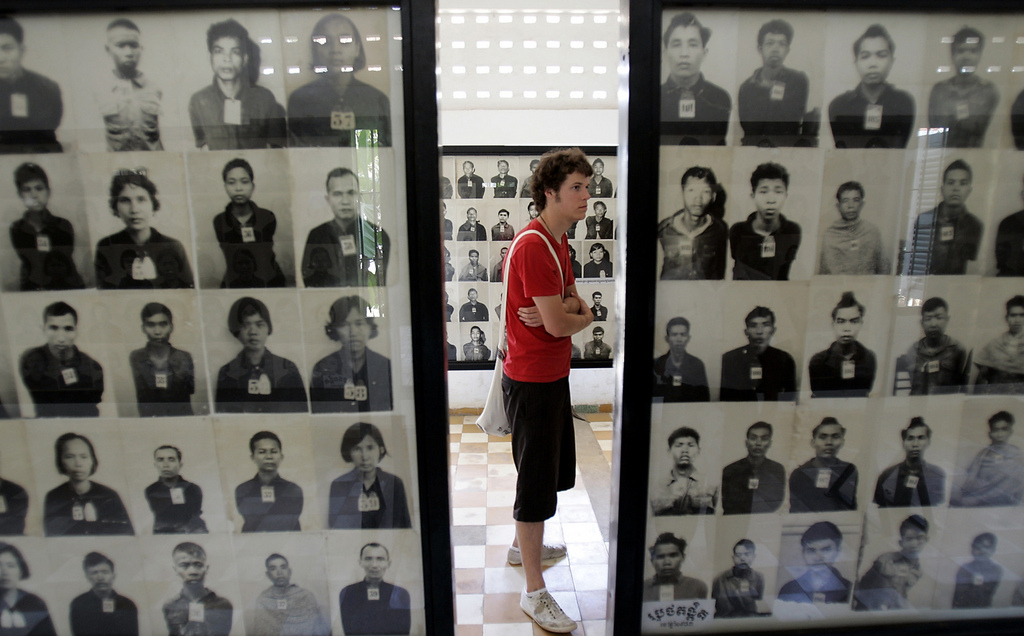
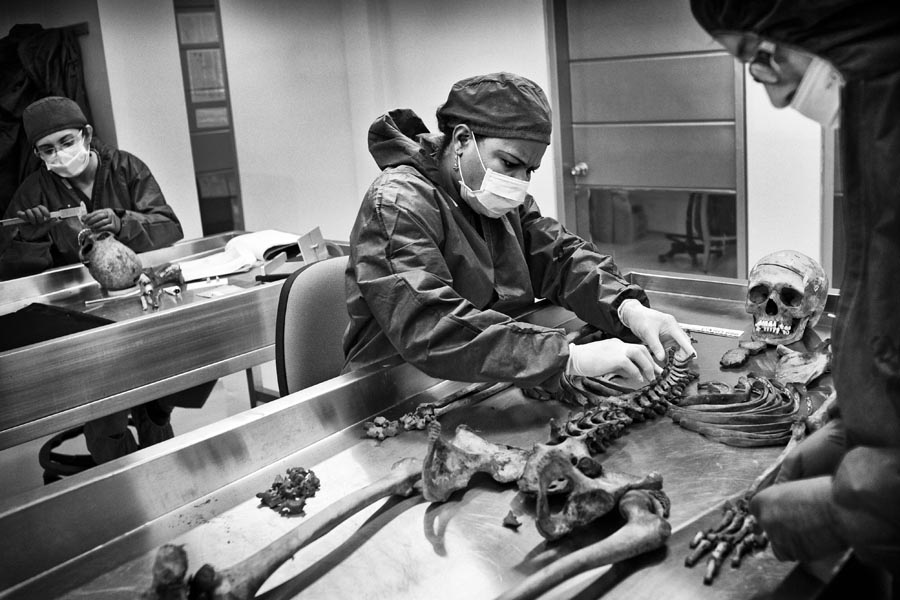
You can find an overview of ongoing debates with our journalists here. Please join us!
If you want to start a conversation about a topic raised in this article or want to report factual errors, email us at english@swissinfo.ch.